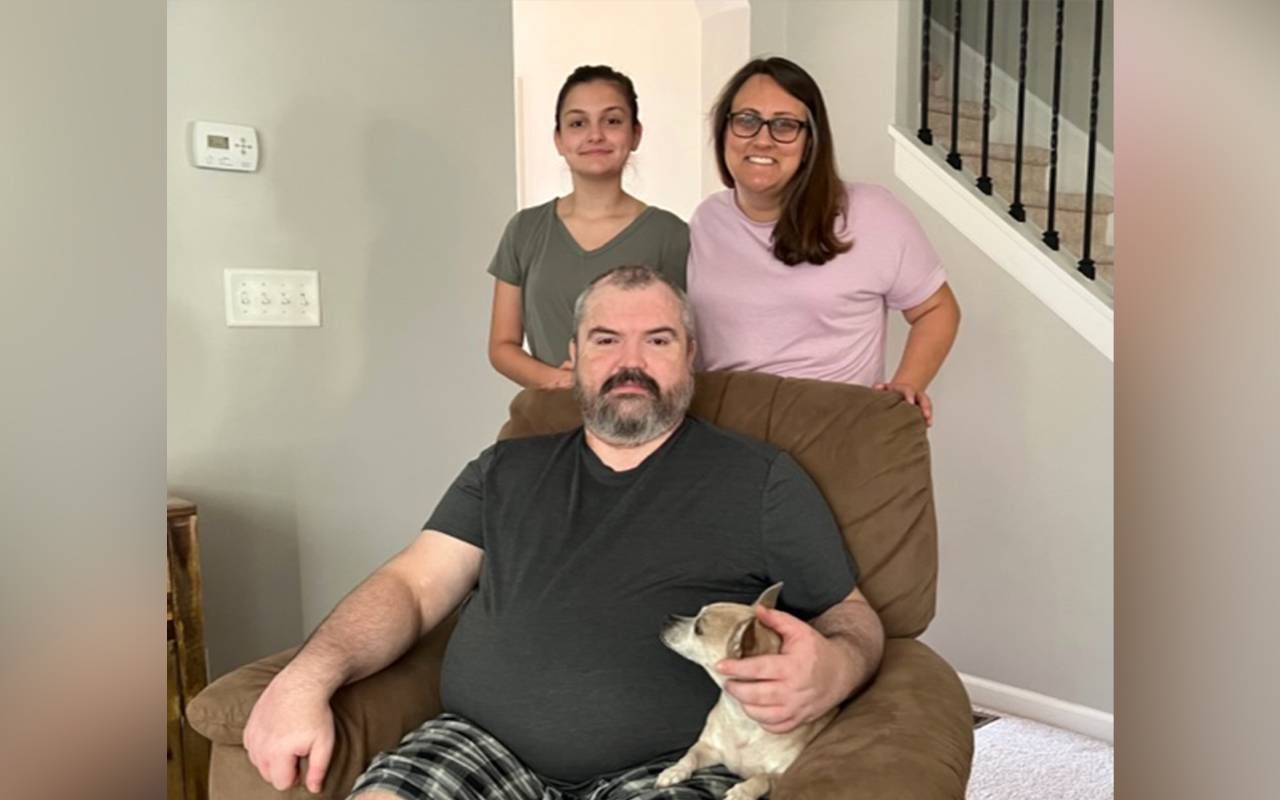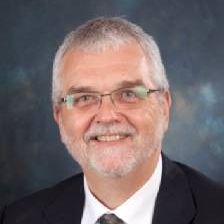The Rare World of Rare Diseases
Treatment for rare diseases, like Behçet's disease, is not widely available and for those who suffer, daily challenges are ongoing
Chad Sims is 44, living with his wife and two children in the Atlanta suburb of Flowery Branch, Georgia. Since 2006, he has struggled with problems caused from living with Behçet's disease and CVIDS (the acronym for Common Variable Immune Deficient Syndrome).
"It took a very long time to diagnose the conglomeration of strange symptoms. I suffered without any treatment for four years until the diagnoses were discerned," he says.

Sims unfortunately has two rare diseases, which "affects a very small percentage of the population," according to Dr. Michael Gambello, a professor of human genetics at Emory University and director of the NORD Rare Disease Center of Excellence at Emory and Children's Healthcare of Atlanta.
"I don't have one, but two rare diseases."
"There is no single, widely accepted definition for rare disease," Gambello says. "Some diagnoses can be made by DNA testing and are caused directly by changes in genes or chromosomes. Others are diagnosed by non-genetic markers and examination of the organ affected by the disease, while still others rely solely on the number of people living with a disease syndrome. Many rare diseases, including infections, some rare cancers, and some autoimmune diseases, as Chad Sims has, are more complex. All are incredibly complicated."
Rare Diseases and the Orphan Act
In the United States, a rare disease is defined as a condition that affects fewer than 200,000 people in the national population. The definition was created by Congress through the Orphan Act of 1983. Until recently, the misnomer orphan disease was considered synonymous to the proper term of rare disease because drug companies were not interested in adopting them to develop treatments. The Orphan Drug Act created financial incentives to encourage companies to develop new drugs for rare diseases. The rare disease definition was needed to establish which conditions would qualify for the new incentive programs.
For Sims, struggling with his health is more personal than political. He says, "To start with, every possible diagnosis was considered, mostly involving my gastrointestinal system, even though the corresponding GI treatments were all unproductive. Finally, all the diagnostic markers were put together in a different way while my doctors kept scratching their heads with such a befuddling constellation of problems. I don't have one, but two rare diseases."
As Sims explains, "Essentially, half of my immune system just isn't there. The CVIDS complicates the Behçets, which is an inflammatory condition that irritates small vessels and causes unexplained sores and ulcers all over my body. By the time I got the definitive diagnoses, I spent 300 days in the hospital over the course of a year and a half. One infection led to another along a mysterious path. Nothing ever seemed to work, and I was miserable."
A Course of Treatment
Dr. Ali John Zarrabi, assistant professor of family and preventive medicine in the Division of Palliative Medicine at Emory University, is Sims' primary care provider. He says, "Chad has unique phenotypes of multiple diseases. The combination of medical problems that he has due to rare diseases creates highly demanding acute care and complicated downstream problems in ongoing treatment. His manifestation of symptoms causes a burdensome overlap of physical, psychological and spiritual complexities. We have created a multidisciplinary team to move toward unified care and to facilitate easier transitions among his different team members and care providers."
Zarrabi says that these problems are familiar in care provision for an individual with a rare disease. "Regrettably though, we are now living in a fragmented, fiduciary-driven health care system that is centered on quick and efficient delivery of biomedical science. I'm sorry to be cynical, but treating a rare disease is a deliberate, multi-layered process with many difficult facets that play out over time. This is not an urgent care type of problem."
The Challenge of Living with a Rare Disease
As Sims discovered, and his care providers have known, rare disease care is inadequate in this country, in large part due to a lack of access to proper medical protocols and treatment management. Public research and government policy related to rare diseases and orphan drugs are complex and unsatisfying. Therefore, many individuals with rare diseases are undiagnosed, suffer and live "under the radar." Social media and the internet now provide glimpses into this increasingly visible population.
"I'm sorry to be cynical, but treating a rare disease is a deliberate, multi-layered process with many difficult facets that play out over time."
"I knew I needed to see a specialist, but didn't know who to see," says Sims. My general practitioner was frustrated and didn't have the time to be the detective that I needed."
Zarrabi echoes his patient's sentiment. "Seeing a specialist means seeking care at an academic medical center specializing in rare diseases. This may require traveling great distances, which is an additional burden on the and patient and family." Chad Sims' Behçet's disease was finally diagnosed at the University of Iowa Medical Center.
Gambello confirms the problem of access. NORD's motto is "Alone we are rare. Together we are strong." NORD is the-first-of-its-kind network of U.S. medical institutions dedicated to advancing the state of diagnosis, treatment, and research for all rare diseases. These centers are working collaboratives to solve the enormous challenges and unmet needs in rare disease patient care and research.
"We have a strong commitment to supporting all stages of rare disease research, with the goals of increasing knowledge of disease etiology and pathophysiology, improving diagnostic techniques, and developing rare disease treatments and cures," Gambello says.
As Sims explains, "Word of mouth works. When I was working full time, I was a computer technologist. Now, I'm an internet geek. Because of my physical limits regarding infections that tend to start when I perspire, I am confined indoors and limit strenuous physical activity much of the time. I have created a virtual reality of friends, colleagues and companions. We rely on each other to know who provides the best care for those of us in unique situations."
Sims is developing a virtual support community for those living with rare diseases, which will be announced via social media and the internet in the coming months.


